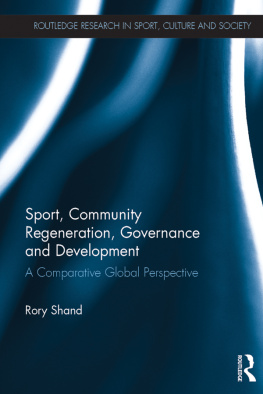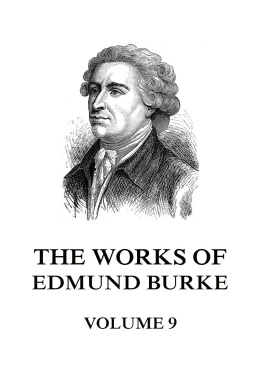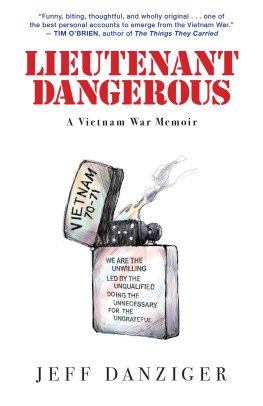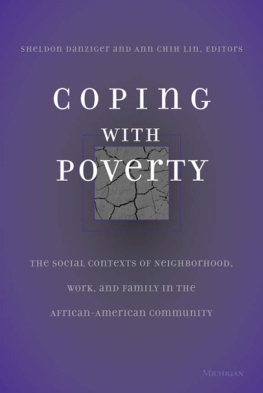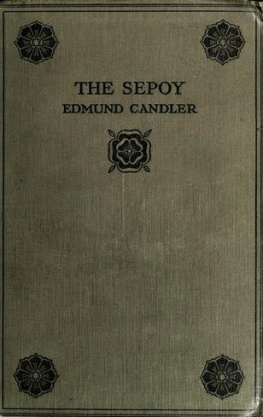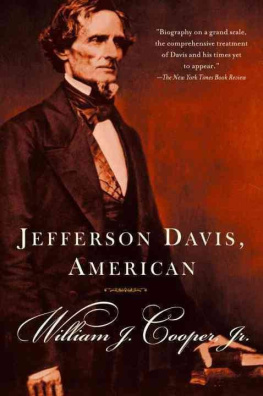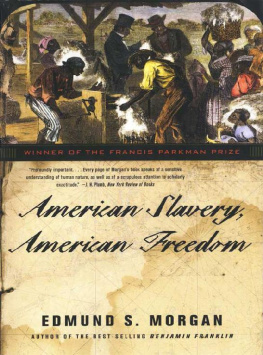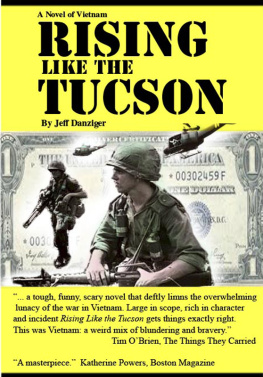
GREAT LAKES BOOKS
Philip P. Mason, Editor
Walter P. Reuther Library, Wayne State University
Dr. Charles K. Hyde, Associate Editor
Department of History, Wayne State University
Advisory Editors
Dr. Ruth Roebke-Berens
Department of History
Northern Michigan University
Martha M. Bigelow
Director, Bureau of History
Michigan Department of State
Dr. Francis X. Blouin
Director, Bentley Historical Library
University of Michigan
Ms. Sandra Sageser Clark
Deputy Director,
Michigan Travel Bureau
Michigan Department of Commerce
Dr. John C. Dann
Director, William L. Clements Library
University of Michigan
Mr. De Witt Dykes
Department of History
Oakland University
Dr. David Halkola
Department of Sociology
Michigan Technological University
Dr. Justin Kestenbaum
Department of History
Michigan State University
Mr. Larry B. Massie
Allegan, Michigan
Dr. William H. Mulligan, Jr.
Mt. Pleasant, Michigan
Mr. Joseph F. Oldenburg
Assistant Director, Main Library
Detroit Public Library
Mr. Timothy J. Runyan
Department of History
Cleveland State University
Mr. Thomas Schlientz
John K. King Books
Detroit, Michigan
Dr. Stanley D. Solvick
Department of History
Wayne State University
Dr. JoEllen Vinyard
Department of History and Philosophy
Eastern Michigan University
Mr. Arthur M. Woodford
St. Clair Shores Public Library
St. Clair Shores, Michigan
Dr. Barbara Woodward
Grosse lle, Michigan
Ms. Patience Young
Curator of Education
Detroit Institute of Arts
SURVIVAL
AND
REGENERATION
DETROITS AMERICAN INDIAN COMMUNITY
EDMUND JEFFERSON DANZIGER. JR
Copyright 1991 by Wayne State University Press, Detroit, Michigan 48202.
All material in this work, except as identified below, is licensed under a Creative Commons Attribution-NonCommercial 3.0 United States License. To view a copy of this license, visit https://creativecommons.org/licenses/by-nc/3.0/us/.
All material not licensed under a Creative Commons license is all rights reserved. Permission must be obtained from the copyright owner to use this material.
Library of Congress Cataloging-in-Publication Data
Danziger, Edmund Jefferson, 1938
Survival and regeneration : Detroits American Indian community / Edmund Jefferson Danziger, Jr.
p. cm. (Great Lakes books)
Includes bibliographical references and index.
ISBN 978-0-8143-4332-6 (alk. paper); ISBN 978-0-8143-4333-3 (ebook)
1. Indians of North AmericaMichiganDetroit RegionUrban residence. 2. Indians of North AmericaMichiganDetroit RegionSocial conditions. 3. Indians of North AmericaMichiganDetroit RegionEconomic conditions. I. Title. II. Series.
E78.M6D36 1991
305.897077434dc20 90-29857
Book design by Mary Primeau
The publication of this volume in a freely accessible digital format has been made possible by a major grant from the National Endowment for the Humanities and the Mellon Foundation through their Humanities Open Book Program.
Exhaustive efforts were made to obtain permission for use of material in this text. Any missed permissions resulted from a lack of information about the material, copyright holder, or both. If you are a copyright holder of such material, please contact WSUP at .
http://wsupress.wayne.edu/
FOR MY CHILDREN,
JOHN DAVID AND ANNE ELIZABETH,
AND FOR MY BROTHER DOUGS FAMILY
CONTENTS
ABBREVIATIONS
AID | Associated Indians of Detroit |
AIS | American Indian Services |
BIA | Bureau of Indian Affairs |
CETA | Comprehensive Employment and Training Act |
DAIC | Detroit American Indian Center |
DIECC | Detroit Indian Educational and Cultural Center |
GED | General Educational Development (a high school equivalency certificate) |
HEW | United States Department of Health, Education and Welfare |
LEA | Local Educational Agency |
MESC | Michigan Employment Security Commission |
NAIA | North American Indian Association of Detroit |
NIAAA | National Institute on Alcohol Abuse and Alcoholism |
PI | Personal interview with the author |
SEMI | South Eastern Michigan Indians |
SH | Self-help group therapy for Indian alcoholics |
WIRC | Walpole Island Research Centre |
PREFACE
Interviews can be nerve-racking, especially when much is at stake. While driving north to Detroit on a spring morning in 1977, I was worried about an appointment with Dean George. Several times he had delayed our meeting. I persisted because the fate of my projectwriting a history of Detroits native American communitywas in the balance. Somehow I had to penetrate the well-founded cynicism of George and other urban Indians if I were to get firsthand knowledge of their experiences. The key was Dean George: a respected elder, past president of the North American Indian Association of Detroit, and former director of the Detroit American Indian Center. When I arrived at his home, we met in the kitchen and over coffee talked history. He listened patiently as I expressed belief in the relevance of my study for the people of Detroit and southeastern Michigan. George remained noncommittal; but a conference was arranged with several staff members of the downtown Indian center. For two hours I described my plan, outwardly calm but inwardly apprehensive that the promising proposal would be thwarted. The listeners, who were less than effusive, nevertheless gave tacit permission for weekly visits to see what I could learn from native peoples who frequented the center. New life was breathed into the project.
For years I had been concerned about the paucity of scholarship on urban Indians. Most studiesarticles and dissertations by geographers, sociologists, and anthropologistslacked the historical dimension. Furthermore, the American Indian Policy Review Commission reported to Congress in 1977 that 45 percent of the nations Indians, perhaps half a million, lived off the reservations. For most of this century they were invisible despite their pressing economic and social needs and their historic importance, neglected by Washington as well as by scholars. The Review Commission observed that one of the greatest obstacles faced by native peoples in their drive for self-determination and a place in this Nation is the American publics ignorance of the status of the American Indian in our society today. For Indian leaders and government officials at all levels to comprehend fully the present condition of urban native Americans, histories of these groups must be available.



